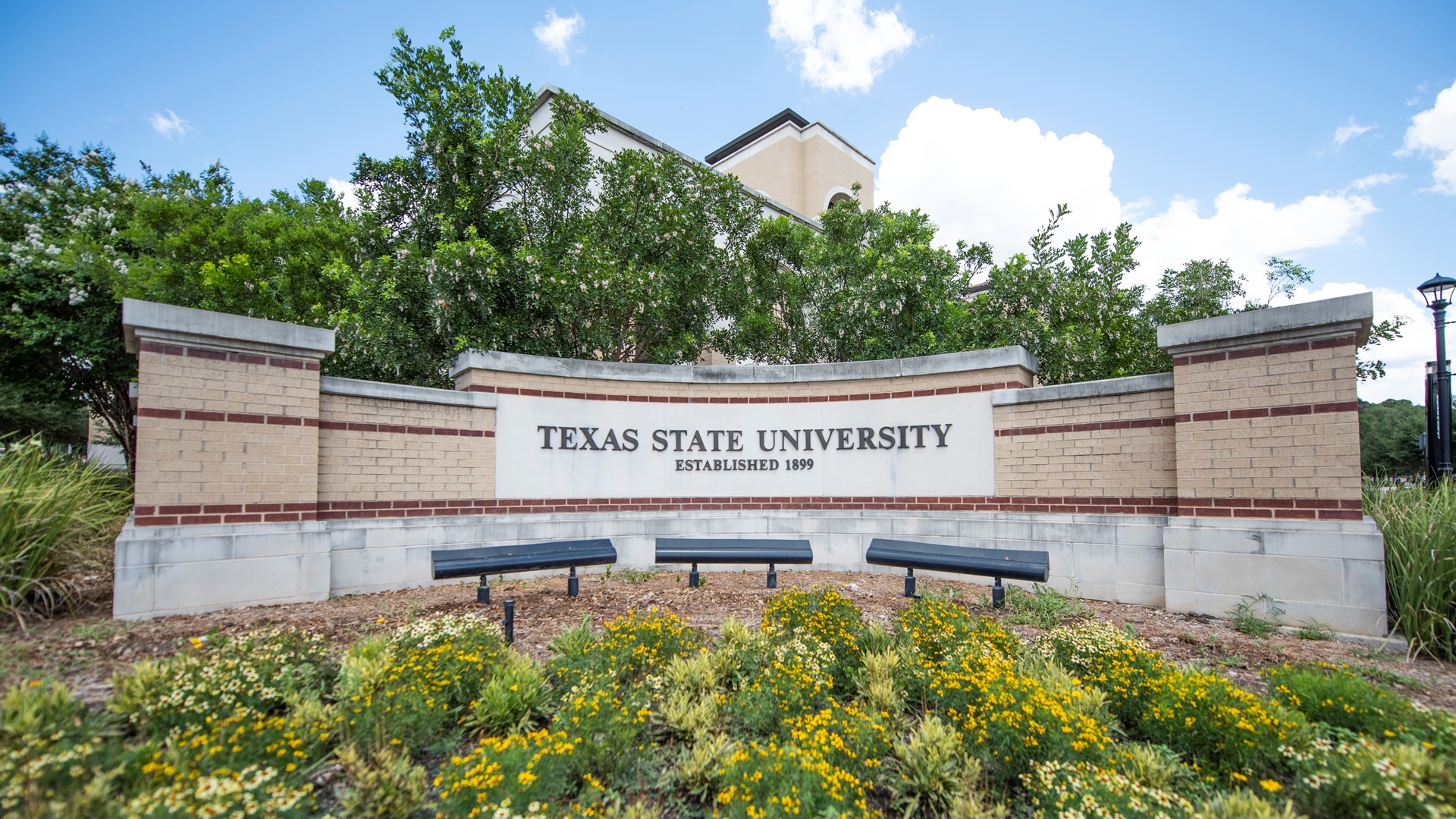SANTIAGO DE QUERÉTARO, Qro. — Texas State University has established its first international campus.
Members of the university’s board of regents approved the contract for “Texas State University Mexico” in August following two years of planning and discussions. The satellite facility in the Mexican city of Santiago de Querétaro is a partnership between the university and Elisia Education Hub.
Querétaro Gov. Mauricio Kuri González and Texas State President Kelly Damphousse were among the guest speakers attending the signing ceremony on Sept. 4.
The campus aims to bring American-style education and teaching methodologies to Querétaro while teaching Texas State University-approved curriculum and awarding Texas State University degrees.
While Texas State will approve the curriculum and set admission requirements, the Mexican campus will supply the 370-acre site and employee faculty and staff. Texas State will not have any say in hiring or firing faculty and staff.
Texas State expects to welcome the first Querétaro campus class in fall 2025. Though the degree offerings are still being determined, the university said initial discussions have centered around engineering, psychology, biochemistry and mass communication.
All degrees at the Mexico campus will be fully accredited in the U.S. and Mexico, with classes being taught in English.
Texas State could receive up to $10 million over the span of the 10-year contract, which would be use to support students and research initiatives on the San Marcos campus.
The possible Mexico campus is just the latest example of the university trying to increase its international reach.
This summer, Texas State piloted a new student experience through a partnership with the University of Padova, Italy. The partnership allowed 32 students to enroll in a class while engaging with local students and culture. The goal of the experience is to keep the cost to less than $4,000 per student, including travel and tuition costs.
Texas State said it hopes to expand to Sorrento, Italy, Scotland, Japan, South Korea, Costa Rica, Australia and New Zealand in the coming years.

